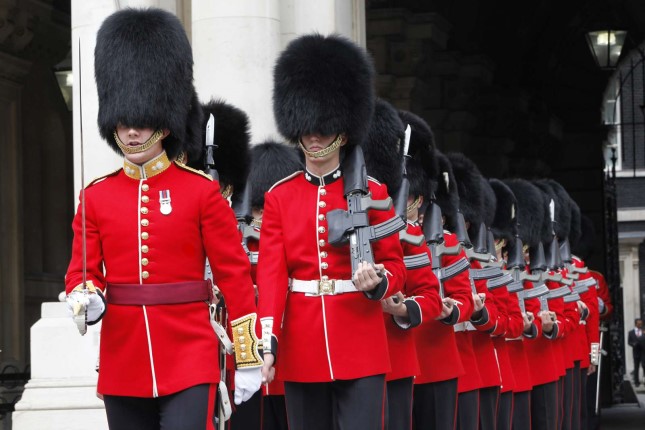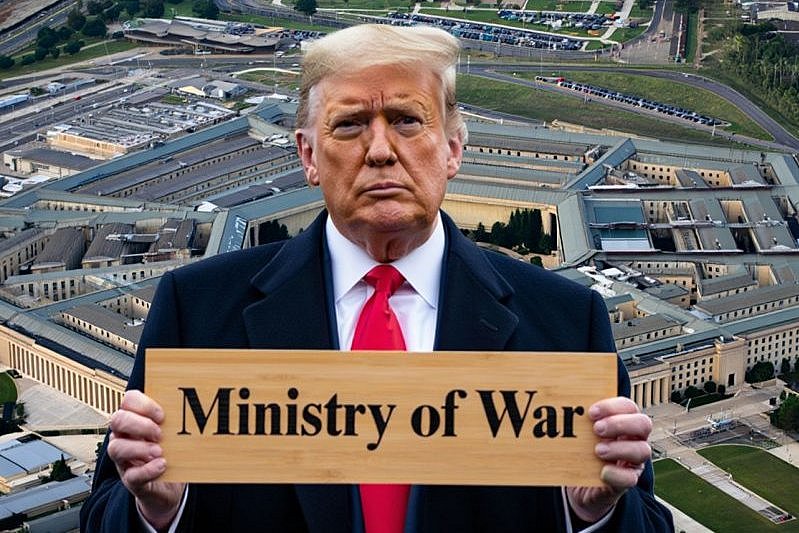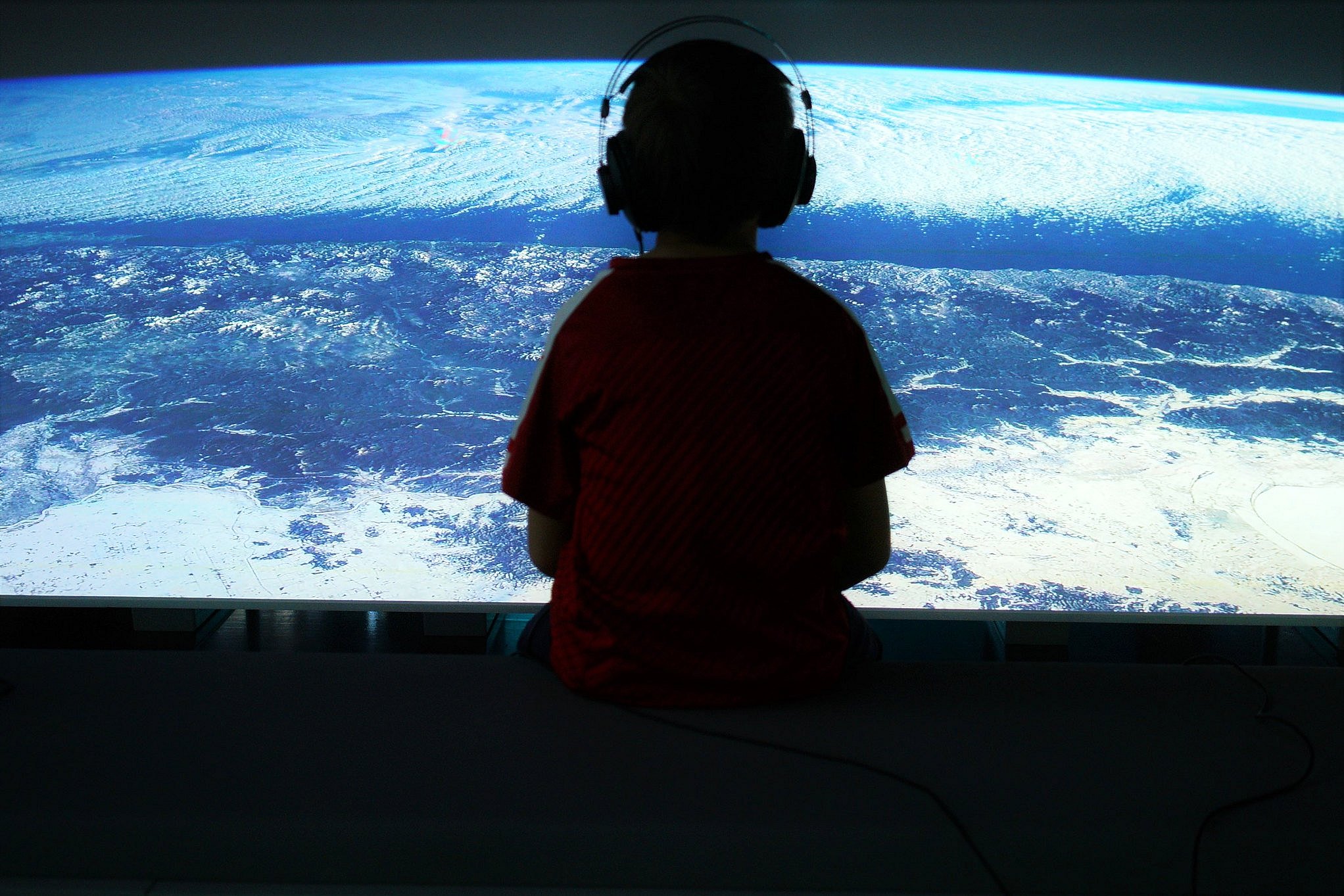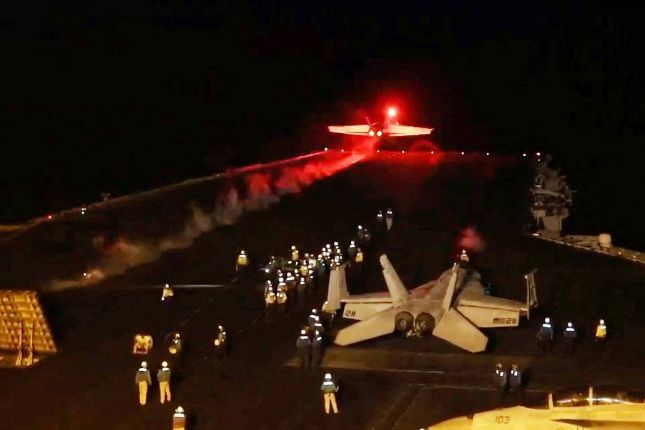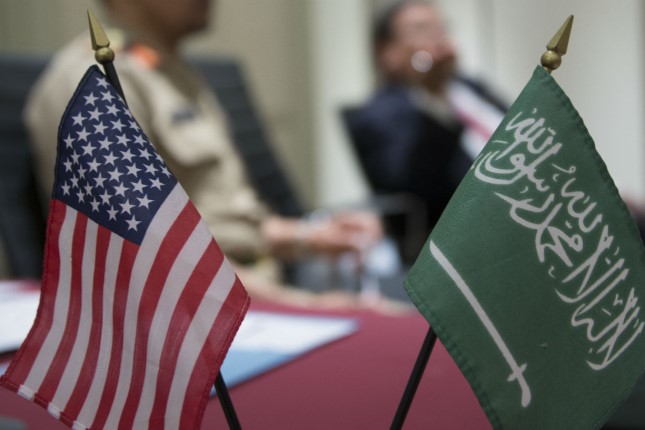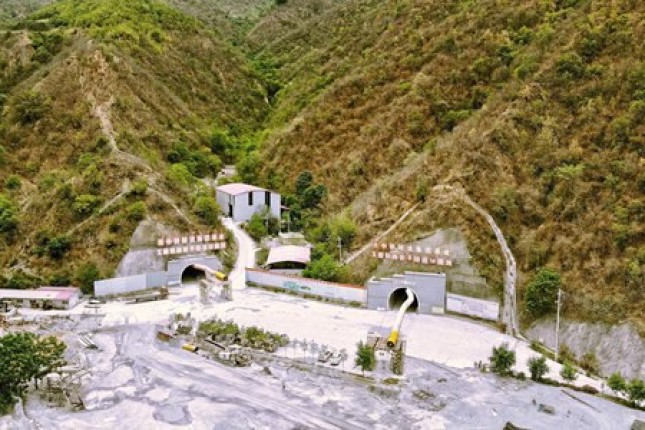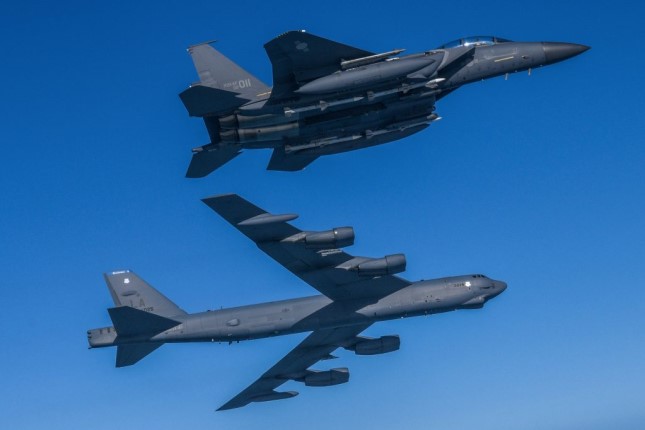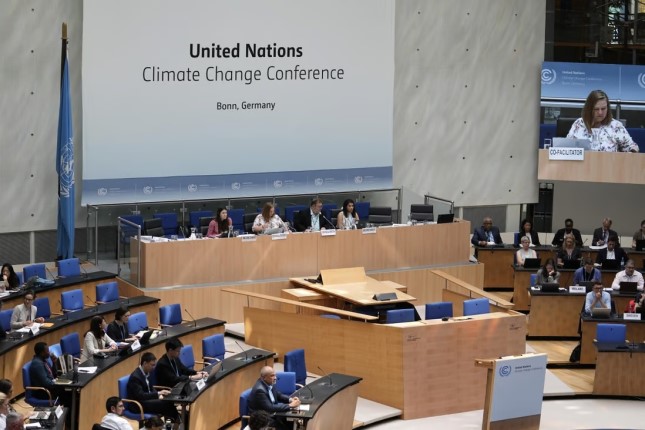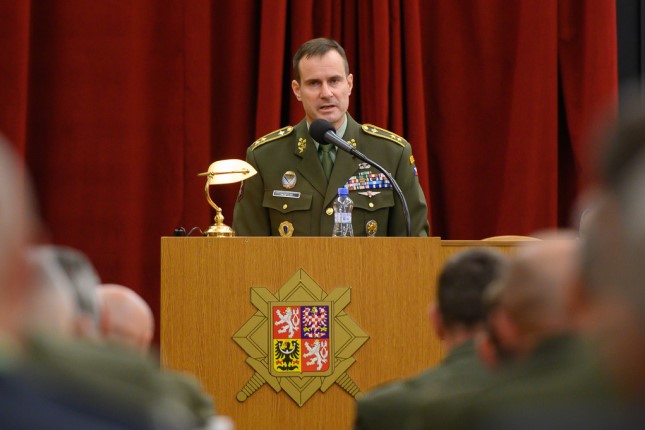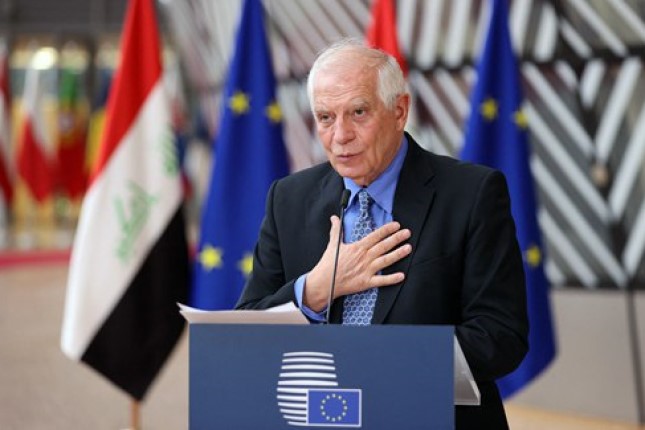Recep Tayyip Erdoğan came out on top in the second round of voting in the latest Turkish presidential election, taking 52.1% of the vote against Kemal Kılıçdaroğlu's 47.9%.
We see a bifurcated result: On the one hand, Erdoğan demonstrated his incredible strength as a practical politician who managed to overcome a situation that was extremely unfavorable for him—the economic crisis and the consequences of the serious earthquakes. On the other hand, the country was literally split in half. Istanbul, Ankara, practically all the coastal regions of Turkey, and the regions most affected by the earthquakes voted against Erdoğan.
This was perhaps the first time in the two decades of Erdoğan's rule that the opposition came so close to ousting him and transforming his policies. Erdoğan proved that he still understands the aspirations of the Turkish people better than anyone else and knows how to talk to the people better than anyone else. However, the societal split is becoming a fundamental political factor that will affect Erdoğan's policies for the next five years.
Over the course of his rule, Erdoğan has done the seemingly impossible in Turkey. He not only returned Islam to the public sphere, but also legalized political Islam. Moreover, relying on political Islam, Erdoğan has achieved a significant economic and foreign policy breakthrough in Turkey. Since 2003, when he became prime minister (the main post before the introduction of direct presidential elections in 2014), Turkey's per capita GDP at purchasing power parity has increased three times over – from USD 9,500 to USD 30,500 in 2021, according to the World Bank. Overall, Turkey's GDP at PPP amounted to USD 2.67 trillion (in constant 2017 international dollars), reflecting the increased weight of the 85 million-strong Turkey in the global economy.
In essence, Erdoğan has become the second-most important person in the modern history of the country after Kemal Atatürk, who founded the Republic of Turkey 100 years ago on October 29, 1923. Erdoğan smoothly reoriented the Republic, bringing Islam back to the fore (at the beginning of the century, it was considered the main brake on the country's economic development), transforming it from a parliamentary to a presidential state, and abandoning the pro-European vector of development in favor of a neo-Muslim policy in the Eastern Mediterranean and Central Asia.
A challenge for Turkey
However, the split that has developed in Turkish society shows that there are limits to simply mechanically following the chosen course. A significant portion of society would prefer a more diversified political system – a purely Western thrust, as European and American media describe it today.
But the pro-Western sentiments in Turkey simply are not strong enough, as the elections showed. Kılıçdaroğlu, who placed his bet on pro-European, pro-NATO rhetoric, lost. And the people's reaction to the election results showed that there are no romantic ideas about the West and that nothing even close to a color revolution could be organized by pro-Western influence groups.
But the absence of pronounced pro-Western sentiments does not mean there is no demand for the transformation of the socio-political system. The whole way the pre-election campaign played out shows that Turkish society has grown tired of the rather harsh manner of Erdoğan's rule.
And this is the main challenge that Turkey will have to answer in the next five years. On the one hand, Erdoğan's authoritarian style allows Turkey to strengthen economically and politically. On the other hand, the rigidity of the system does not allow the Turks to fully enjoy the results of this strengthening. Some do not like Islamization and the growing moral strictness and restrictions associated with it; some do not like the corruption and irresponsibility of officials so vividly seen after the earthquakes this year.
Will Erdoğan and his Justice and Development Party (AKP) rise to the challenge? The AKP positioned itself as an example for the Muslim world, that Islam and modernization are not incompatible. And the Party has achieved significant success in this regard. How stable this success will be depends on whether the AKP will be able to move beyond its critical dependence on the figure of its leader.
Results for the world
Erdoğan's victory is a strong stabilizing factor. A change of power in Turkey could dramatically change the balance in relations between Russia and the West and cause an avalanche-like escalation in the conflict over Ukraine.
Based on the experience of the conflicts in Lebanon and Syria, Erdoğan well knows the limits to the benefits of betting on a military confrontation; the costs of it, conversely, are growing rapidly.
Erdoğan understands that the stability and measure of his power in Turkey directly depends on his economic results. And this directly depends on how quickly the Ukrainian conflict, which is destroying the international economic environment, comes to an end.
Additionally, the purely foreign track of his neo-Ottomanism has run out of steam. The momentum from the Arab Spring has faded. The international environment is denser thanks to the growing influence of the Arab world and Iran and the normalization of relations. There is less space for expansion, which means if Erdoğan wants to pursue a foreign policy in the interests of the country's economic development, he will have to skillfully play the trump cards in Turkey's hand.
For all Erdoğan's anti-Westernism, Turkey has long been realizing its regional policy in the wake of that of France and Great Britain (this was clearly seen in the work of the Friends of Syrian Group created by the Obama administration in 2012-2014). However, the possibilities of such a course are severely limited today due to the weakening of the European powers themselves and the decline of US influence in the region. But this is unlikely to stop such a powerful and ambitious politician as Erdoğan.
Thus, we can expect a new expansionist course for Turkey to be formed through the creation of a new set of implicit situational allies.




















